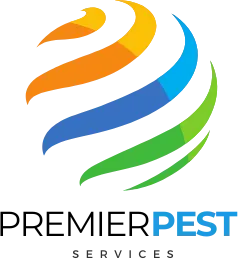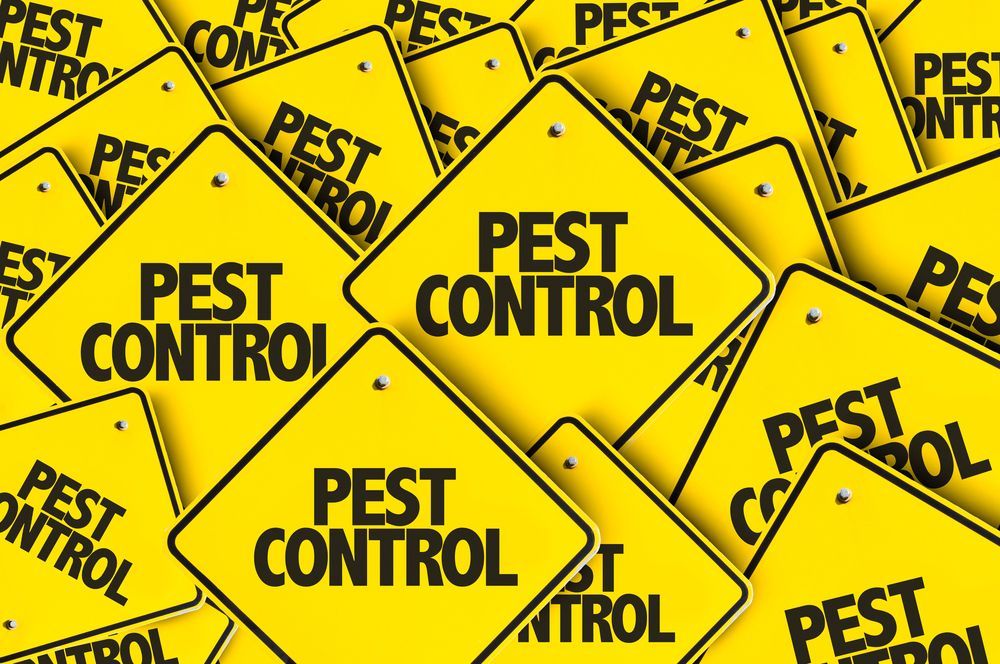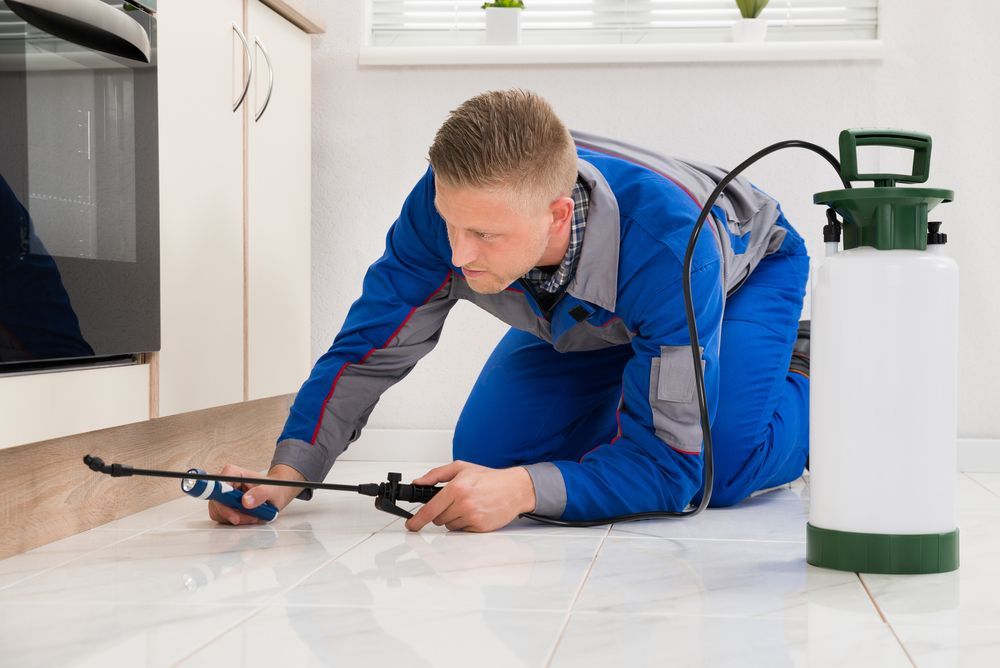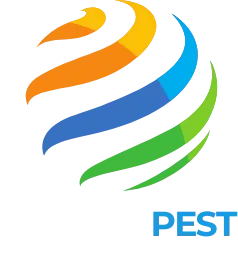How to Prepare for Pest Control: Essential Steps for a Successful Treatment
Pest control specialists are extremely talented, and they can take care of your pest problem without fail. However, some situations are simply out of their control.
These are things that go beyond the treatment process, and they’re issues that you have to take care of personally. This includes things such as preventing the issue from reoccurring once it is fixed, ensuring the specialist can do their job in the first place, etc.
If you don’t do your part, it doesn’t matter how good the pest control treatment is. You’ll eventually have pest problems again, or the treatment might not even be completed.
Today, we’re going to go over a variety of steps you need to take to
prepare for pest control
.
Let’s get started!
1: Clean and Organize Your Home
We’re not saying that your home is particularly dirty or anything like that. You can have pests while maintaining a clean home at all times.
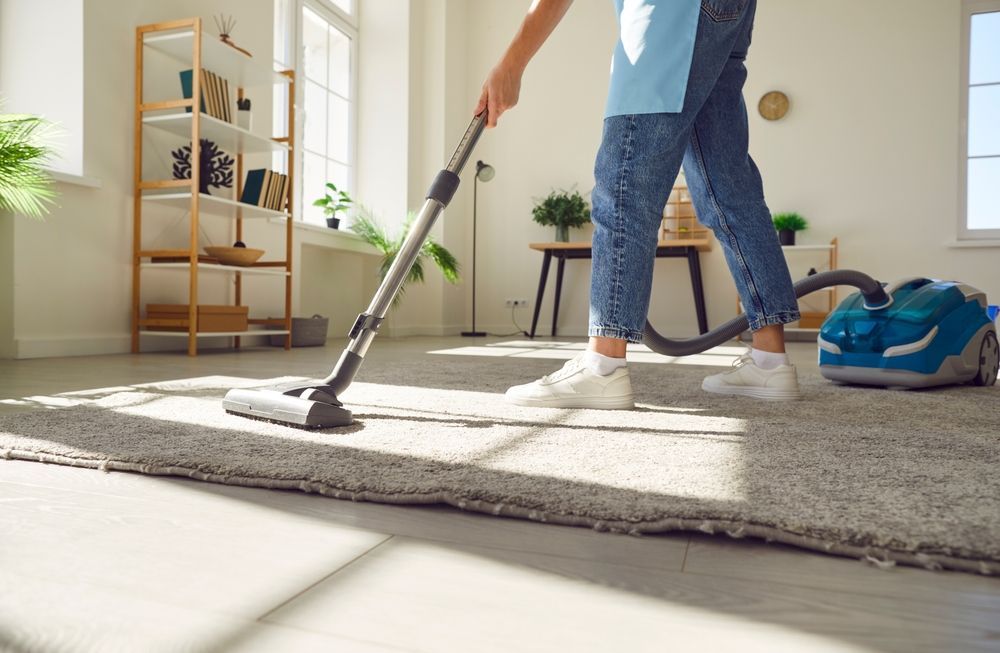
What we mean with this tip is to
ensure all areas of your home are accessible
. Maybe you have a storage room that is a little too packed. A pest control specialist won’t be able to enter that room properly and treat it in a way that works.
The same goes for blocked access points to cellars, having obstacles in the way of key infestation points, etc.
The specialist who comes to treat your home might have to access areas you wouldn’t think about, and if they can’t, they aren’t going to rearrange your home for you. They’ll just do their best.
As such,
make sure you tidy up a bit and ensure that they can easily access anything they might have to get to
. If you can’t, make sure the obstacle is simple enough that it can be moved quickly if need be.
2: Be At Home for Your Pest Control Treatment
Most companies will require you to be at home during your scheduled appointment, but if there is an opportunity to let them do the treatment on their own,
make sure you clear up your schedule and stay home, anyway
.
Beyond that, you also need to ensure that you’re available while you’re around. Don’t let them in the house and then go out for a jog or somewhere they can’t immediately access you.
They might need you to grant access to any area or provide guidance in a specific part of your home.
Due to chemical usage, you might not be allowed in the immediate vicinity, but
you still need to be quickly accessible
.
3: Secure Your Pets
You need to secure your pets when preparing for pest control for two reasons.
First, the
pet might get in the way of the treatment
, slow things down, or if it’s not used to strange people, it might even make treating certain areas impossible.
However, it’s not all about making the treatment possible and protecting the specialist.
It’s also best for your pet’s health
. There are pet-safe treatments available, but you still don’t want your pet right in the area during the treatment itself.
4: Get Rid of Hiding Spots
This will help with your pest infestation before, during, and after the treatment.
Pests of all kinds
love to find hiding spots
. This can include piles of dirty laundry, boxes of stored belongings, cluttered areas, and more.
Go around your home and try to remove these hiding spots as much as possible.
Immediately, this will make it harder for pests to go unnoticed, during the treatment it will make it
easier for the specialist to locate and treat key areas
, and afterward, it will prevent pests from reentering your home with a hiding spot ready for them to take over.
5: Remove Food, Waste, and Other Attractants
This is another tip that will help before, during, and after your treatment.
Food and other attractants are the
primary reason most infestations occur
. If you leave food wrappers out, leave dirty plates out overnight to put off doing dishes, or otherwise leave food sources around, mice, bugs, and other pests will take advantage of it.
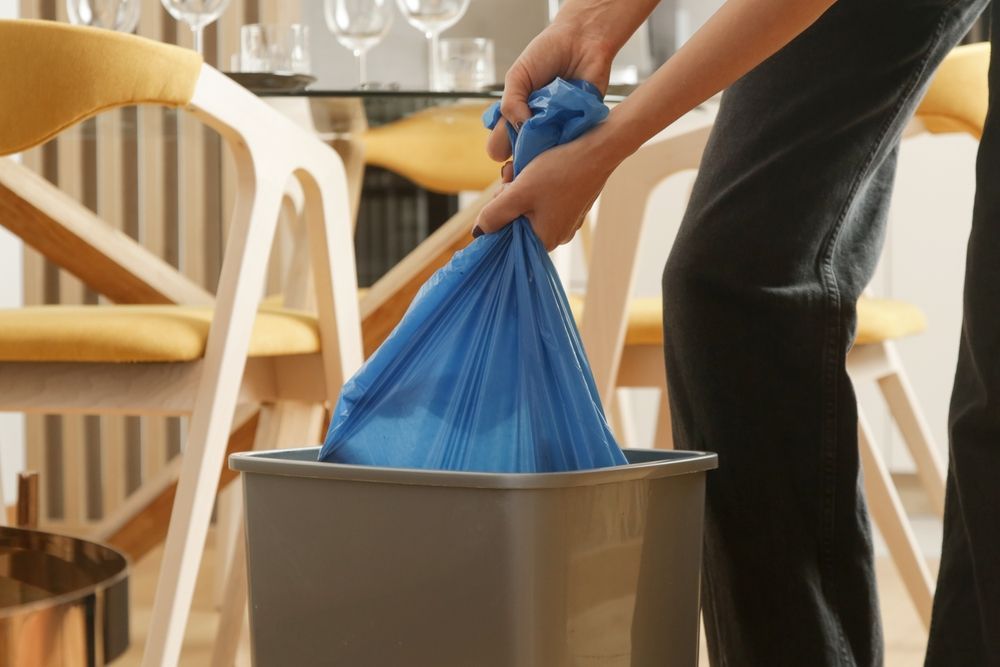
Immediately getting rid of these food sources, ensuring you’re taking the trash outside, and removing any food waste will take away the primary food source of most pets. If they don’t start leaving on their own, at least they won’t come back after the treatment is completed.
6: Have a Good Idea What the Problem is
A good specialist is going to be able to find the problem you’re dealing with, but it helps dramatically if you understand what’s going on .
You can prepare for pest control and speed up the process by giving the specialist as much information as possible.
Then, they don’t have to spend nearly as much time checking the area and diagnosing the problem as they would if you simply told them what type of pest was in the house.
Try to determine where the pests are coming from, what brought them into the home
, whether or not they’ve procreated, etc.
7: Do Not Clean Immediately
Most of the treatment solutions used are safe for you and your pets . That’s why most homeowners can be in their homes during the treatment process, and there’s no downtime once the treatment is completed.
However, many homeowners grab their cleaning supplies as soon as the specialist leaves, because they’re worried about chemicals on the surfaces of their home.
When you clean those areas,
you effectively get rid of the treatment
, and it takes time to work.
Unless told by your specialist that you need to do some surface cleaning, put off cleaning for a while.
8: Fix Entrances to Your Home
You should do this before your scheduled treatment. Go around your home, find any cracks or holes that pests can enter through, and repair those areas.
This will ensure that
they can’t get back in after the treatment is performed
.
Start with Tallahassee’s Best Pest Control Services
Now that you know how to prepare for pest control , it’s time to call in the pest control experts .
If you’re in the Tallahassee area and dealing with a pest problem,
call
Premier Pest Control Tallahassee today to speak to one of our industry-leading specialists.
Quick Links
Services
Estimate Form
We will get back to you as soon as possible.
Please try again later.
Copyright © 2024 Premier Pest Control Tallahassee. All Rights Reserved.
